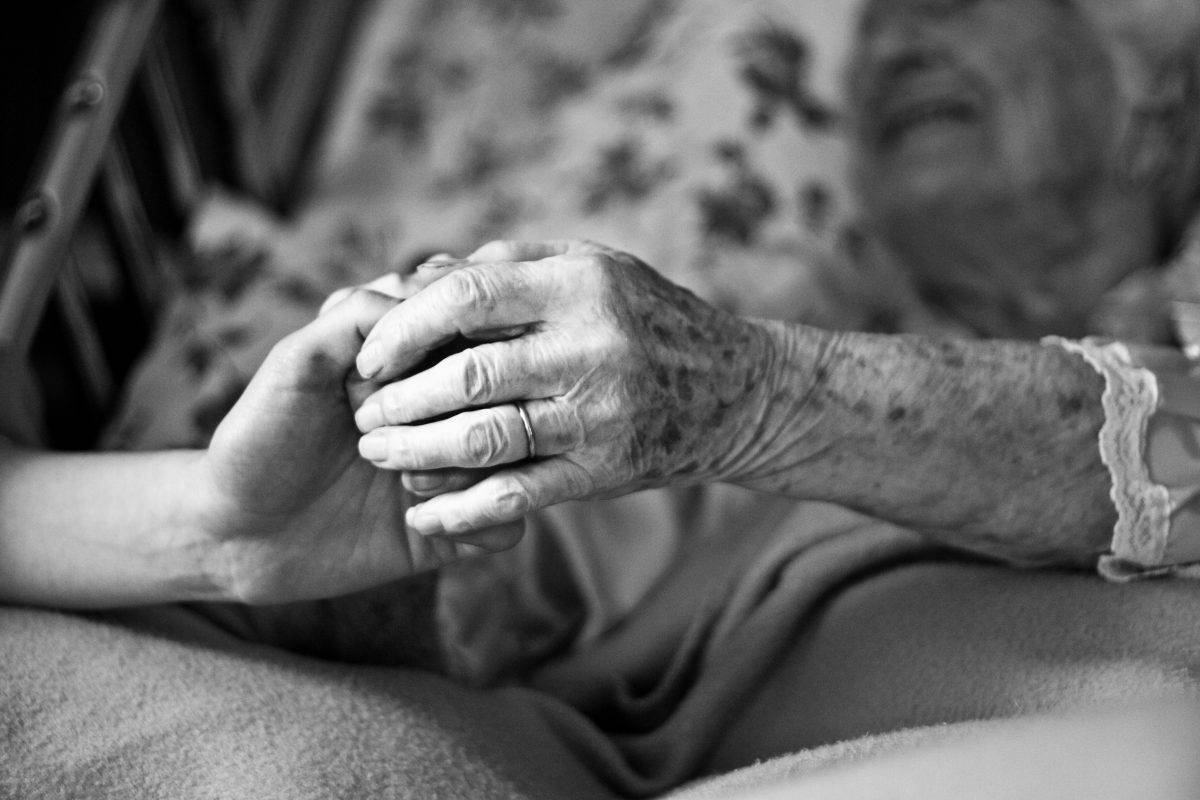Alzheimer’s disease can take a giant toll on family life. It can have a large affect on adult children, spouses and siblings, but most importantly, it can have an effect on younger children and teenagers as well.
Often times, children are unaware of diseases for elders such as Alzheimer’s and dementia and are very unaware of the signs. With diseases such as these, it is difficult and quite harmful to keep your child or teen in the dark about your senior’s condition, especially if it is a grandparent or loved one who they are very close to. Alzheimer’s and dementia cause behavioral changes and even cognitive decline such as with thinking and memory. If your senior were to forget any special memories that the child or teen experienced with them or even behaved differently towards the child or teen, they can become confused and even think that their loved one no longer cares for them.
It is important to educate children and teens on these diseases before it becomes too late. Don’t let your children or any other loved one’s children close to the elder stay in the dark, but rather inform them about the disease they developed and how they can maintain a loving relationship.
Here are a few tips on how to help children and teens cope and continue to spend time with their loved one who has developed Alzheimer’s or dementia:
Offer comfort and support: Teens and children do not usually fit the age group for support groups for people who have loved ones with Alzheimer’s and dementia. It is unlikely that they would find anyone in a support group or amongst their friends who have a loved one with this cognitive disease, therefore, it is important to show them support. Provide opportunities for them to express their feelings with you and let them know that their feelings are valid and normal. They are allowed to feel guilty, angry, sad, confused and embarrassed, but it is important as their parent, sibling or loved one who shares their understanding of having to deal with this loved one who is being affected by Alzheimer’s or dementia to offer your comfort and support.
Answer their questions: Children and teens may have several questions about this disease affecting their loved one, so answer their questions honestly. Let them know exactly what is going on and that their loved one’s behavior is not something that can be easily controlled. Encourage them to ask any more questions they may have so they can fully understand and cope with it. Even if you don’t know the answers to some of their questions, let them know that you are willing to research with them so you both can fully understand your loved one’s behavior.
Do an activity as a family: Now that the child or teen understands what is happening to their loved one, it is now imperative to help them understand the significance in continuing to spend time together as a family. Often times, children and teens may be embarrassed when they don’t understand the disease or haven’t coped with it yet, and they may opt out of spending time with their loved one or refrain from allowing friends or other family members to visit. Encourage watching a movie together, playing board games, looking at old photographs, reading together or any other activity that can keep their memory and thinking in tact.
To learn more about Alzheimer’s and dementia and how to deal with a loved one with either disease, visit our blog.



